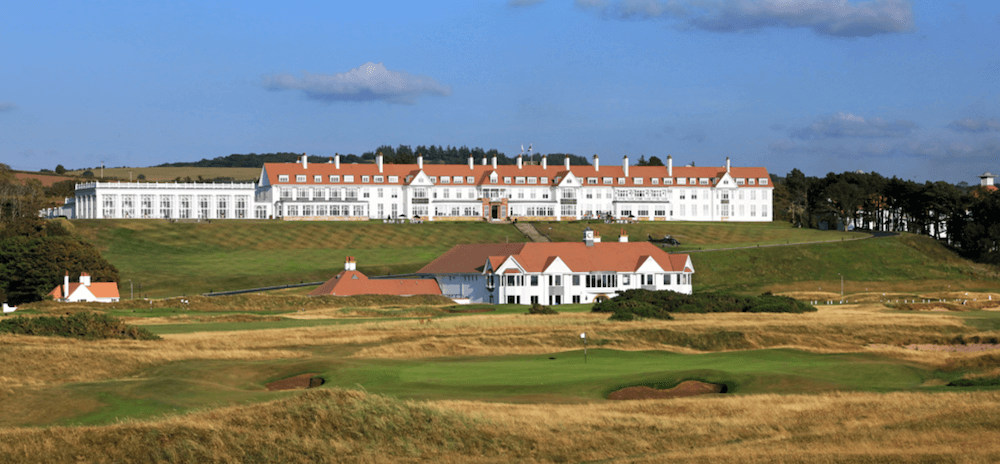Turnberry's Open Dream: Political Hurdles and Logistical Challenges Threaten Golf Tournament

The iconic Turnberry golf course finds itself at the center of a complex political and logistical storm that could potentially derail its hopes of hosting The Open Championship in the near future. The venue, owned by former U.S. President Donald Trump, faces significant challenges that extend far beyond typical tournament planning.
Trump's controversial ownership and political legacy have cast a long shadow over the prestigious golf course, creating unprecedented complications for tournament organizers. The Royal and Ancient Golf Club (R&A) has been carefully weighing the potential implications of hosting a major championship at a property with such a politically charged background.
Logistical concerns compound the already delicate situation. The course would require substantial investments and upgrades to meet the stringent standards of a modern major championship. Additionally, the potential public and media scrutiny surrounding Trump's involvement adds another layer of complexity to the decision-making process.
While Turnberry remains a breathtakingly beautiful links course with a rich golfing history, its future as an Open Championship venue hangs in a delicate balance. Tournament officials must navigate a challenging landscape of political sensitivities, operational requirements, and the broader reputation of the sport.
The coming months will be crucial in determining whether Turnberry can overcome these significant hurdles and reclaim its place among golf's most celebrated championship venues.
